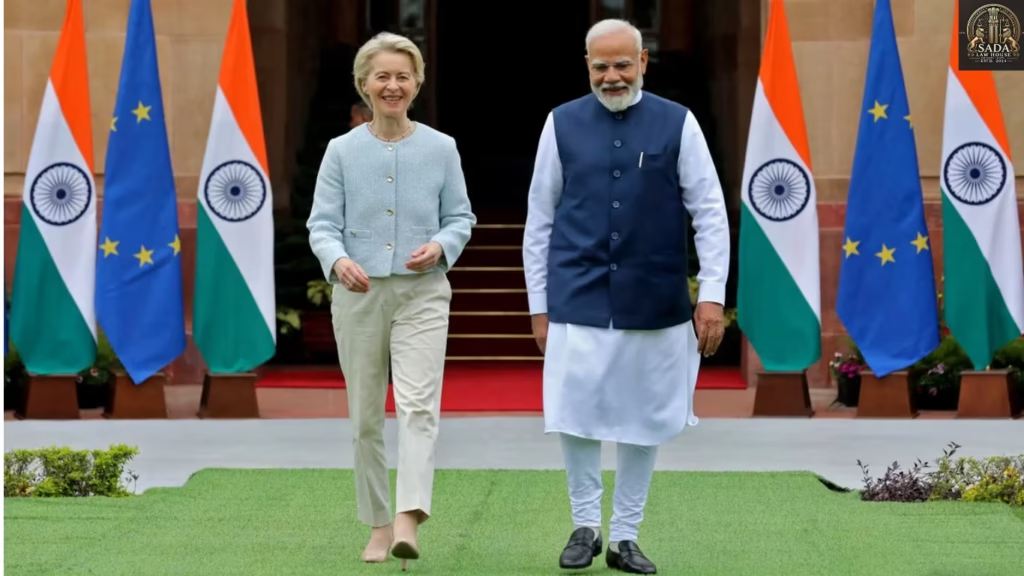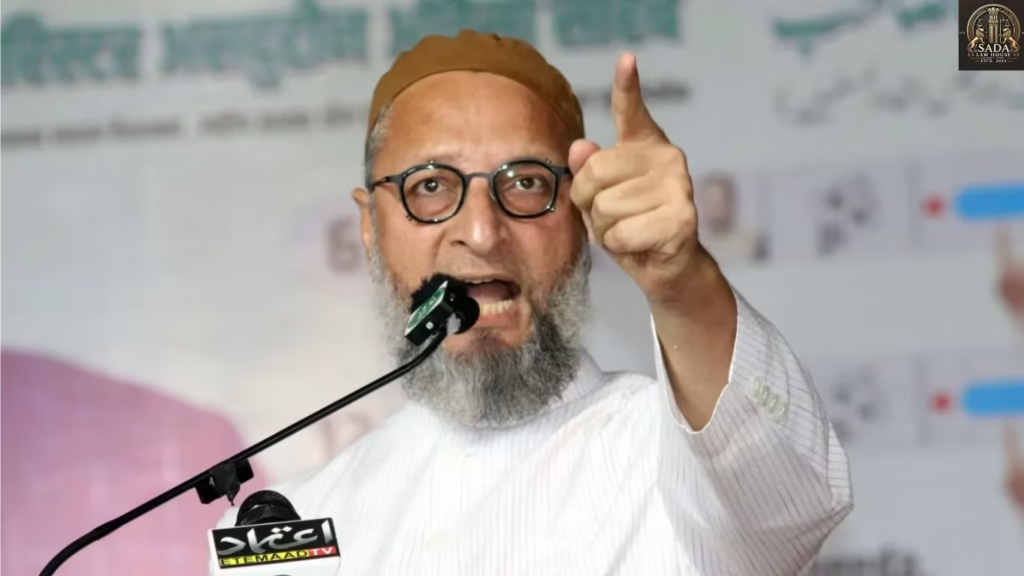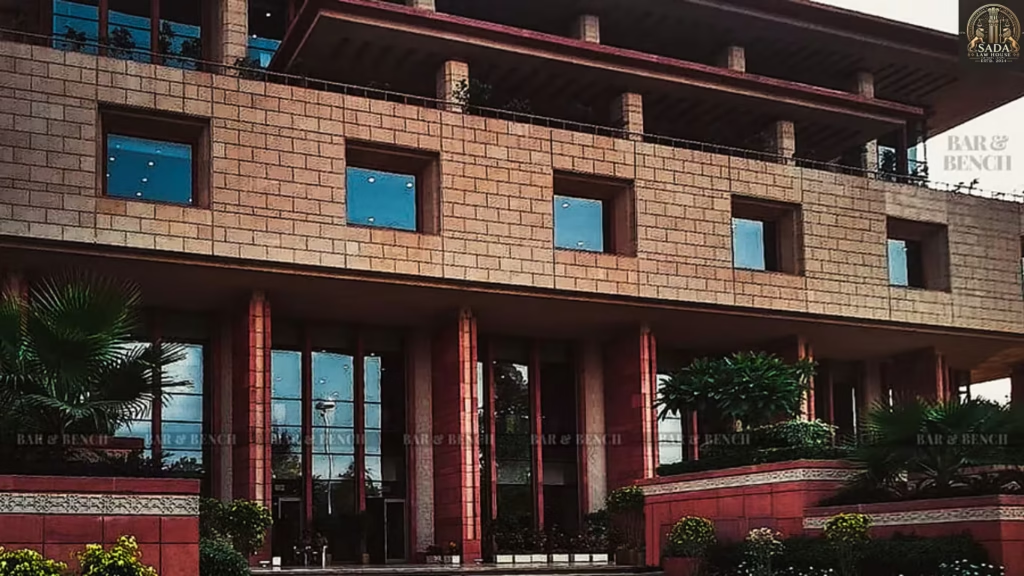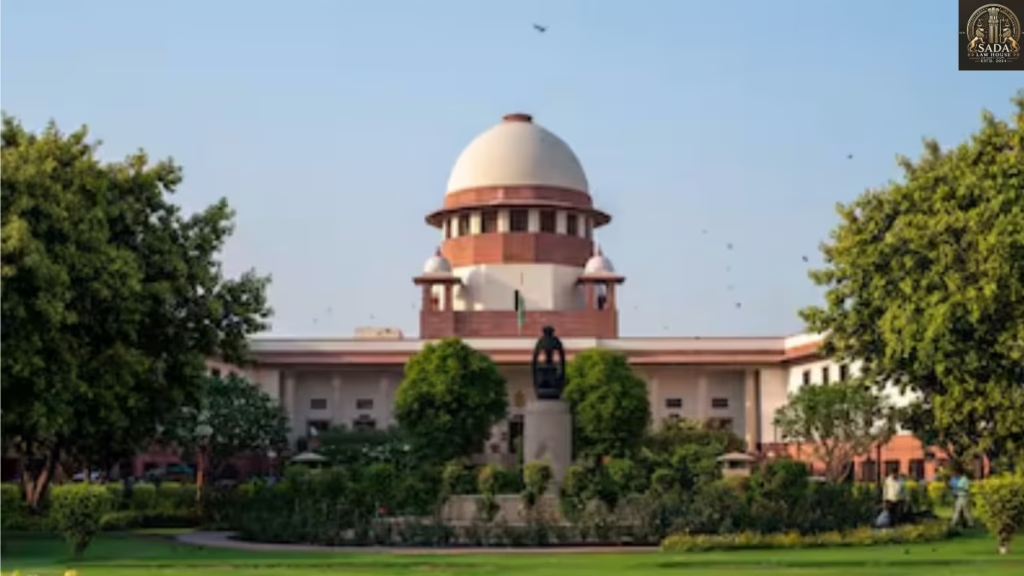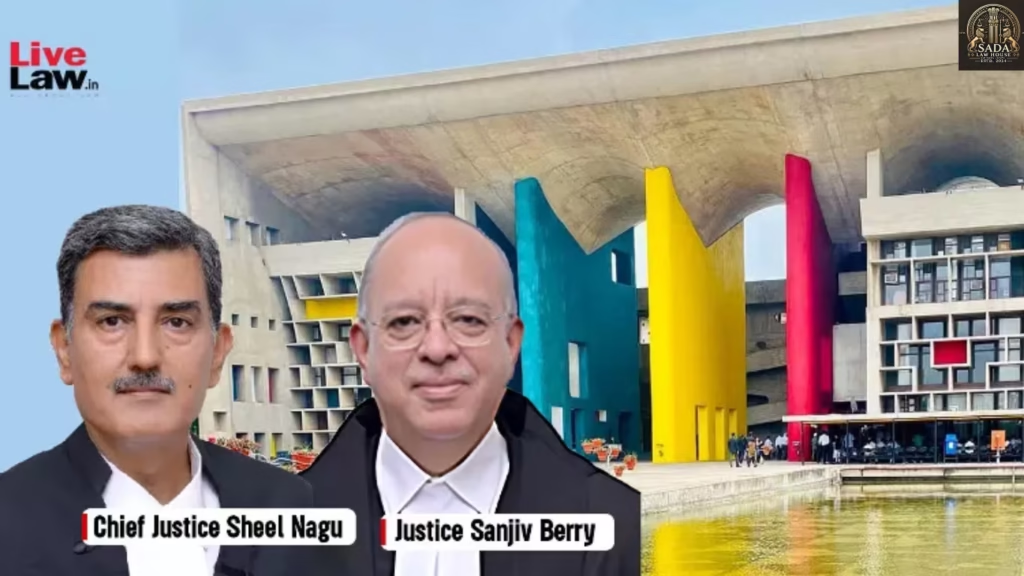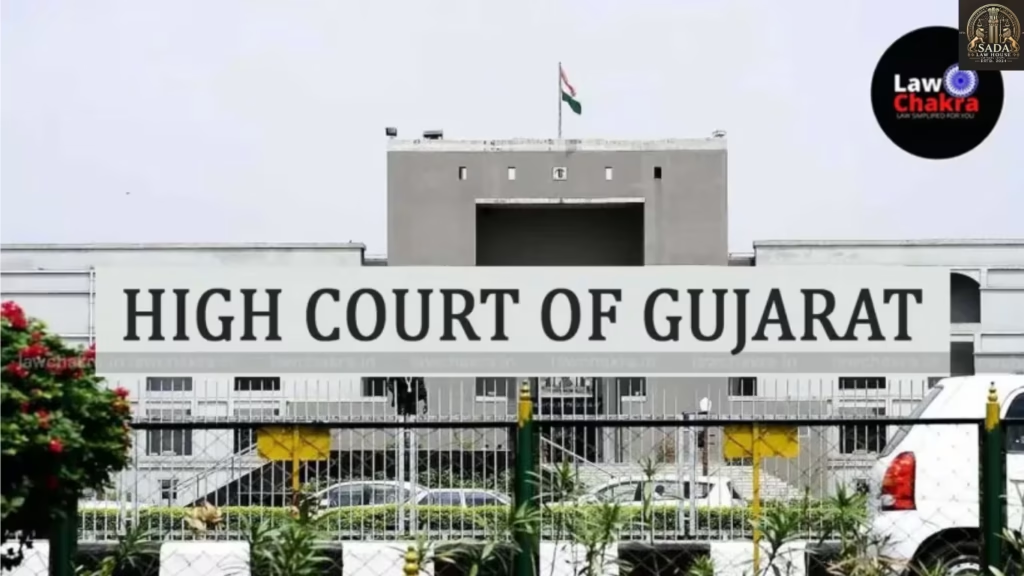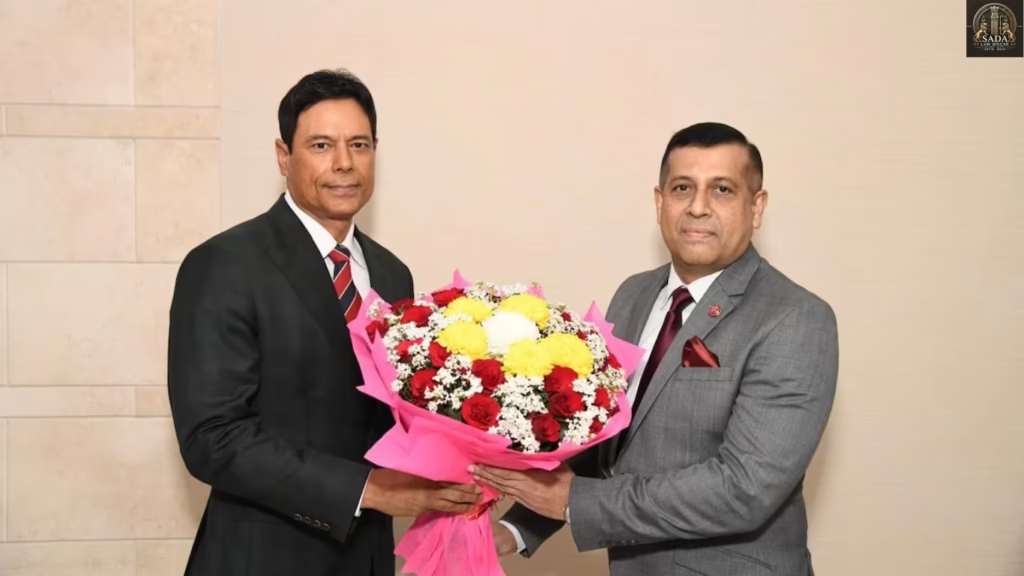Jaish Admits: Masood Azhar Masterminded Parliament & 26/11 Attacks
Trending Today Jaish Admits: Masood Azhar Masterminded Parliament & 26/11 Attacks EU Unveils New Strategic Agenda to Deepen Prosperity, Security Ties with India Owaisi Blasts Assam BJP’s AI Video: ‘Muslims Seen as Problem, Dream of Muslim-Mukt Bharat’ Delhi High Court Paves Way for Demolition of Unsafe Signature View Apartments Built for 2010 CWG Delhi High Court Rejects Bail Plea of Man Accused of Raping Minor Daughter ‘SEC has failed to take prompt action’: Supreme Court orders Maharashtra to hold local body polls by January 2026 Punjab & Haryana High Court Pulls Up Ex-Judge Alok Singh for Unjust Remarks Against Judicial Officer Gujarat High Court on Senior Advocates: Minimum 45 Years for Designation, Mandatory Mentorship for Young Lawyers LEGAL JOB OPPORTUNITY AT CHAMBERS OF DHRUV TOLIYA LEGAL INTERNSHIP OPPORTUNITY AT ASPA LEGAL Jaish Admits: Masood Azhar Masterminded Parliament & 26/11 Attacks Shivani Garg 19 September 2025 Introduction A major revelation has emerged from within the ranks of Jaish-e-Mohammed (JeM). Masood Ilyas Kashmiri, a senior commander of the group, has admitted that Masood Azhar was the mastermind behind two of India’s most devastating terror strikes — the 2001 Parliament attack and the 2008 Mumbai (26/11) attacks. His statement also sheds light on how JeM leadership operated from safe sanctuaries in Pakistan, reigniting questions about state complicity and international accountability. Background Masood Azhar, founder of JeM, was released from Tihar Jail in 1999 during the Kandahar hijacking crisis. Since then, India has consistently accused him and JeM of orchestrating cross-border terrorism from Pakistani soil. Both the 2001 Parliament attack and the 26/11 Mumbai attacks have remained flashpoints in India-Pakistan relations, with India alleging Pakistani support or shelter to terror outfits, a claim Islamabad has repeatedly denied. Key Developments Who admitted: Masood Ilyas Kashmiri, a senior JeM commander. What was said: Masood Azhar, after release from Indian custody, returned to Pakistan and used Balakot as a base for planning major terror strikes. He masterminded the 2001 Parliament attack in Delhi and the 2008 Mumbai attacks. JeM leaders had safe sanctuaries in Balakot and Bahawalpur. Elements of Pakistan’s military and security establishment did not intervene in JeM activities — sometimes even attending funerals of JeM operatives killed in Indian airstrikes. Issues Raised India’s consistent claims validated? The admission echoes what India has long maintained: that Pakistan-based groups, with tacit state tolerance, direct terror operations against India. International consequences: If corroborated, the statements could renew calls for Pakistan to act against JeM leadership and may bolster India’s push in forums like the UN Security Council and FATF. Credibility & motives: Questions remain on whether this was a voluntary confession, propaganda, or strategically timed disclosure — and how much independent evidence supports it. Current Status While Kashmiri’s admission is being widely reported, independent verification is still awaited. India’s intelligence and international agencies are expected to scrutinize these claims through financial tracking, communication intercepts, and intelligence-sharing channels. Meanwhile, Pakistan has not officially responded to the allegations arising from within JeM’s own ranks. Conclusion If substantiated, Masood Ilyas Kashmiri’s admission directly implicates Masood Azhar in two of India’s most defining terror attacks and highlights JeM’s enduring safe havens in Pakistan. Beyond confirming India’s long-standing accusations, this revelation could put Islamabad under fresh diplomatic pressure. The coming weeks will reveal whether the confession translates into tangible international action or remains another unresolved layer in the complex web of Indo-Pak terror disputes. Leave a Reply Cancel Reply Logged in as Sada Law. Edit your profile. Log out? Required fields are marked * Message* Live Cases Jaish Admits: Masood Azhar Masterminded Parliament & 26/11 Attacks Sada Law • September 19, 2025 • Live cases • No Comments EU Unveils New Strategic Agenda to Deepen Prosperity, Security Ties with India Sada Law • September 19, 2025 • Live cases • No Comments Owaisi Blasts Assam BJP’s AI Video: ‘Muslims Seen as Problem, Dream of Muslim-Mukt Bharat’ Sada Law • September 19, 2025 • Live cases • No Comments 1 2 3 … 5 Next »
Jaish Admits: Masood Azhar Masterminded Parliament & 26/11 Attacks Read More »


